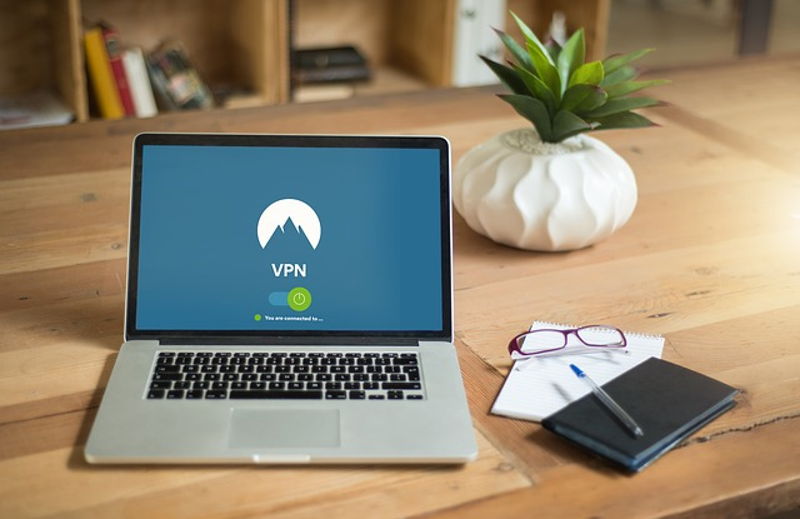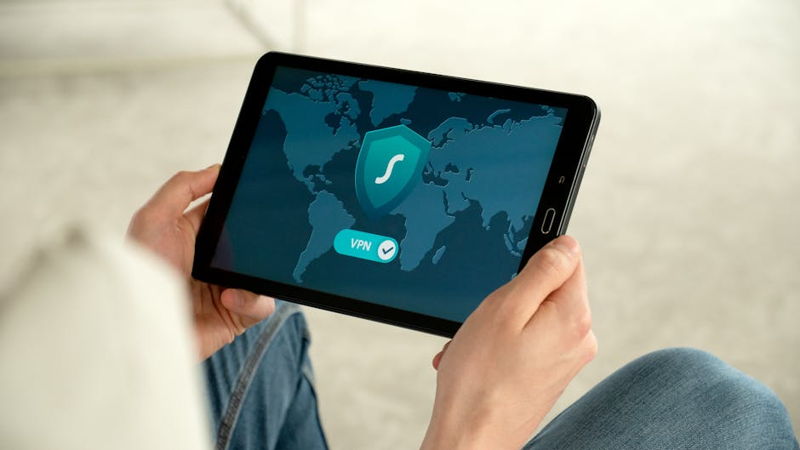Free VPN vs Paid VPN: Is a Free VPN Safe Enough?
What’s the real cost of Free VPN vs Paid VPN: security or savings? “Secure browsing” is just a click away, but at what price? As online privacy and data protection take center stage, it pays to look closely at the trade-offs between free and paid VPN services. This guide sorts out the key differences and helps you decide which option best fits your needs.
1. Free VPN vs Paid VPN: Core Differences 2. Security Standards and Protocols 3. Paid VPN Benefits: Unlocking Enhanced Security and Performance 4. Privacy: What You Need to Know 5. Speed and Performance Impact 6. User Experience and Accessibility 7. Free VPN Security Risks: Understanding the Dangers 8. Benefits of Choosing a Paid VPN 9. When Does a Free VPN Make Sense? 10. Factors to Consider Before Choosing 11. Conclusion
Free VPN vs Paid VPN: Core Differences
Both free and paid VPNs aim to serve different audiences. Free VPNs often emphasize convenience, sometimes at the expense of safety—CSO Online reports that three out of four free VPNs have serious security issues. Paid VPNs tackle these concerns head-on, delivering stronger encryption and leak protection. What’s driving such a gap between the two, and which route keeps you safer?
Free VPNs usually follow a freemium approach: basic features are unlocked, but often in exchange for your data or exposure to ads. Take ProtonVPN’s free service, for instance: it limits speed and server options. While these tools might suffice for light tasks, they often come bundled with pitfalls like data tracking or throttled bandwidth. Does saving money make up for these privacy sacrifices?
Paid VPNs tip the scales toward security, speed, and ongoing support. If privacy matters to you, consider a provider like NordVPN or Surfshark VPN, which promises a strict no-logs policy and lots of server choices. By paying a little more, users get perks like advanced encryption, access to more locations, and live help. Is that extra investment justified by what you get in return?
Suggested Readings
What’s the Difference Between Free and Paid VPNs?

Security Standards and Protocols
Encryption sits at the heart of VPN protection. Different protocols, like OpenVPN and WireGuard, offer varying strengths. Paid VPNs often support several protocols, giving users a choice based on device or personal preference. Which protocol actually keeps your data safest—and how do you know which to choose?
Encryption Strength Comparison
There’s a clear distinction between the encryption offered by free and paid VPNs. Paid services often use tough algorithms like AES-256; for example, Surfshark VPN relies on this method to shield your data. Understanding this can mean the difference between robust protection and a false sense of security. Are you really as protected as you think?
Paid VPN Benefits: Unlocking Enhanced Security and Performance
Before diving deeper, let’s look at the main advantages of paid VPNs:
- Stronger encryption methods, such as AES-256
- Multi-protocol support for better flexibility
- Leak protection and kill switches for enhanced security
- Strict no-logs policies to protect user data
- Wider server options for better connectivity
These features are critical in ensuring that your data and browsing activities remain secure and private.
Privacy: What You Need to Know
It pays to examine a VPN’s privacy approach. Many paid VPNs adopt strict no-logs policies; ProtonVPN even completed an independent audit to prove it. This sort of transparency can make all the difference when your data’s on the line. How much do you really know about what your VPN is keeping about you?
Data Collection Practices
Many free VPNs gather user data, sometimes to serve ads or even sell it to others. On the flip side, paid providers like Mullvad publish clear policies so customers know exactly what’s collected. Trust is essential—the question is whether it’s wise to hand over your personal information for a free service.
Speed and Performance Impact
Performance varies widely between free and paid VPNs. Paid services often optimize their networks for fast, reliable connections; NordVPN and Surfshark VPN, for example, deliver high speeds perfect for streaming or gaming. With free VPNs, slowdowns and lag are all too common. Is the frustration of buffering or dropped connections really worth the bargain?
Bandwidth Limitations
Bandwidth caps are a common hurdle with free VPNs. Hits to your data usage and connectivity—think sudden slowdowns or cutoffs—can ruin your experience. Paid VPNs like Private Internet Access remove these limits, so you won’t have to watch your data meter. When it comes to streaming or working online, who wants to be stuck waiting?
User Experience and Accessibility
User experience can make or break a VPN. Paid options often provide smoother, more intuitive apps; TunnelBear is loved for its friendly interface. Navigating a clunky app or dealing with limited features can quickly test anyone’s patience. Is a hassle-free setup worth a few extra dollars a month?
Ad Interruptions
Interruptions from ads plague many free VPNs, disrupting whatever you’re trying to do and sometimes putting your privacy at risk. Paid services, like ProtonVPN, skip the ads altogether. With a paid VPN, your time online is uninterrupted—a small comfort, but one that adds up.
Looking for privacy without the price tag?
Looking for a VPN that won’t drain your wallet? Surfshark keeps you safe, lets you stream without limits, and protects your privacy—at a price you’ll love.
Free VPN Security Risks: Understanding the Dangers
Free VPNs aren’t just slower; they come with bigger risks, too. Data leaks and malware are real dangers—AV-Test found that over a third of free VPNs carry malware. Paid providers take extra steps to safeguard your data and devices. Are you willing to roll the dice with your personal security?
Malware and Unwanted Software
Hidden malware or shady programs sometimes sneak in with free VPN downloads. Providers like ProtonVPN have clear anti-malware policies, helping users steer clear of threats. Paid VPNs invest in keeping their platforms clean, so you don’t have to worry about nasty surprises.
Benefits of Choosing a Paid VPN
Opting for a paid VPN brings several perks: better security measures, less hassle, and usually excellent customer support. NordVPN and Surfshark VPN are often cited for their strong value and reliability. Those extra features and peace of mind can make all the difference when you’re online for work or play.
Enhanced Security Features
With paid VPNs, you typically get more than just strong encryption. Leak protection, kill switches, and round-the-clock support add further layers—Surfshark VPN stands out for its comprehensive package. Sometimes, peace of mind is worth every penny.

When Does a Free VPN Make Sense?
There are times when a free VPN gets the job done: maybe you’re traveling or need a quick connection on public Wi-Fi. Services like Surfshark VPN offer trials so you can test them out. That said, for anything long-term or sensitive, it may be wiser to invest in a paid service.
Temporary Use Cases
For quick, one-off needs, a free VPN can be enough. If you’re just trying out a service, a trial from Surfshark might be all you require. But as your privacy needs grow, so does the value of a full-featured VPN.
Factors to Consider Before Choosing
Choosing a VPN isn’t one-size-fits-all. Think about your budget, how much privacy you want, and what you’ll use it for. NordVPN and Surfshark VPN offer a balanced solution for many users. More features and stronger performance often tip the scales toward paid services if you rely heavily on online security.
Budget Constraints
Money matters, but so does value for what you pay. Paid options like Surfshark have price points that don’t break the bank, and frequently deliver more for your dollar. Sometimes the real cost of a free service isn’t measured in cash, but in the risks you take.
Conclusion
Ultimately, the choice between Free VPN vs Paid VPN hinges on your priorities: do you value safety or savings more? Free VPNs might catch your eye with their zero-dollar price tags, yet they often come bundled with strings attached—less protection, more interruptions, and lingering privacy questions. Paid VPNs deliver a fuller package, aiming to keep your data locked down and your experience smooth. Why settle for less security or constant ads when peace of mind is just a step up? Try Surfshark VPN for yourself: with robust security features, helpful support, and a no-logs approach, you’ll see how much easier the internet feels when your privacy is truly protected.